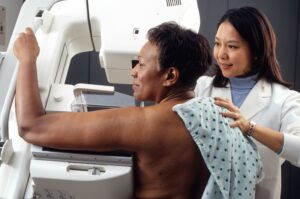Using 16S ribosomal ribonucleic acid (rRNA) sequencing on subjects with healthy colonic tissues as established endoscopically, researchers evaluated changes in the community structure and composition of the human colonic mucosal microbiome caused by caffeine and coffee.
Texas residents between the ages of 50 and 75 were sought out between July 2013 and April 2017 for the purpose of collecting polyp-free colonic mucosal biopsy samples at the Michael E. DeBakey VA medical center (MEDVAMC).
The group sequenced microbial deoxyribonucleic acid (DNA) for the 16S ribosomal RNA gene hypervariable region 4 amplified using polymerase chain reaction (PCR).
Food frequency questionnaires (FFQ) were used to evaluate coffee (and caffeine) consumption in the preceding year, and the 2015 Healthy Eating Index (HEI) was used to evaluate the quality of the diet.
The quantity of microorganisms was compared between caffeine intakes of 83 mg and 83 mg, and between intakes of zero to two cups of coffee, two cups, and three cups.
Age, ethnicity, body mass index, smoking, alcohol consumption, HEI scores, and colonic segments were all taken into account when performing multivariate negative binomial-type regression modeling and calculating incidence rate ratios (IRRs).
Amplicon sequence variations (ASVs) were used to categorize microbes, and the Shannon index was used to evaluate alpha diversity. People with genetic polyposis, inflammatory bowel illness, invasive cancers other than non-melanoma skin cancer, and people who had developed polyps in colon tissues within the previous 3.0 years were all disqualified by the research team.
Individuals with serious mental illnesses, dialysis needs, and hospital stays are other factors to consider in the previous year, systemic or oral antibiotic use in the previous 3.0 months, and a history of hepatitis B virus (HBV) or hepatitis C virus (HCV) infection were excluded.
Further, individuals with a history of methicillin-resistant Staphylococcus aureus (MRSA) infections, human immunodeficiency virus (HIV) infections, and those contraindicated from undergoing mucosal biopsy were excluded.






